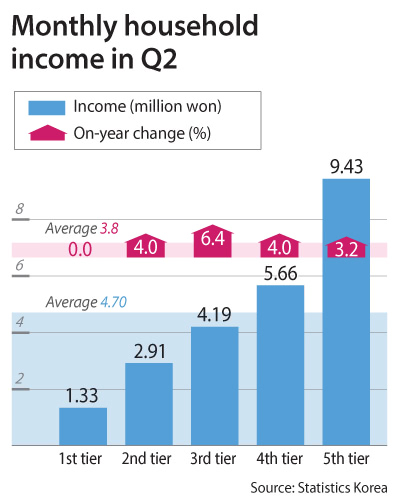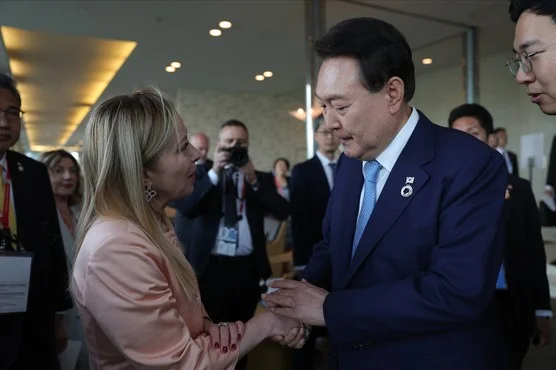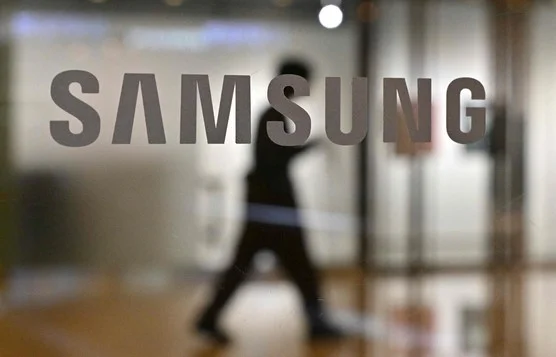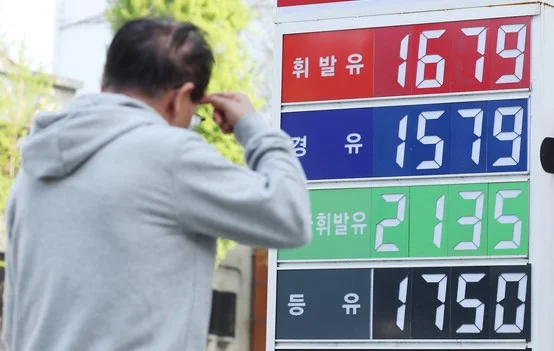영자신문읽기[고급] 신문 속 다양한 세상 이야기를 이제 영어로 만나보세요!
Income gap only widens as affluent get more so
2019-08-24

Korea’s income gap reached an all-time high in the second quarter after government efforts to increase wages ended up helping affluent households instead of the needy.
Statistics Korea reported Thursday that the gap between disposable incomes for the highest and lowest income brackets was the highest-ever for the quarter.
The distribution ratio for disposable income, a measure of income disparities, reached 5.3 in this quarter, the highest since the statistic was first recorded in 2003. The higher the figure, the greater the level of income disparities.
According to the agency’s data, monthly disposable income for the lowest earning bracket rose 1.9 percent in the second quarter from a year earlier to 865,700 won ($715). The same figure for the highest earning households rose 3.3 percent to 4.6 million won.
“Income for the top 20 percent rose due to increased earned incomes,” said Park Sang-young, a director at Statistics Korea, distinguishing between earned incomes for salaried employees and business incomes made by self-run businesses and mom-and-pop shops. “This has led to increased income disparity between the top and lowest households.”
The latest income data indicates that the government’s “income-led growth” policy, which tried to spur economic growth through direct increases in wages, has actually had an adverse impact on lower-earning households.
Under its policy, the government hiked the minimum wage steeply over the past two years. The minimum wage last year rose by 16.4 percent, the sharpest increase in nearly two decades, while this year, it went up 10.9 percent.
But in this year’s second quarter, monthly earned income for the lowest 20 percent bracket fell 15.3 percent from a year earlier, compared to a 4 percent rise for the top 20 percent bracket.
“The fall in earned income [in the lowest bracket] indicates that a lot of low-income jobs have disappeared due to the steep minimum wage hikes,” said Kim Tai-gi, a professor of economics at Dankook University. “The rise in the minimum wage instead had a greater influence on higher-earning workers as it is an important standard in wage negotiations.”
Average overall monthly household income during the April to June period rose 3.8 percent from the same period the previous year to 4.7 million won. The rise, however, was most apparent in higher-earning households. The average monthly income for the lowest 20 percent households remained unchanged at 1.33 million won. Income for the top 20 percent households increased 3.2 percent from the previous year to 9.43 million won.

| 번호 | 기사목록 | 날짜 | 조회수 |
|---|---|---|---|
| 60 |
 |
2024-04-26 | 1723 |
| 59 |
 |
2024-04-25 | 4183 |
| 58 |
 |
2024-04-24 | 4393 |
| 57 |
 |
2024-04-23 | 4359 |
| 56 |
 |
2024-04-22 | 4259 |
| 55 |
 |
2024-04-21 | 4309 |
| 54 |
 |
2024-04-20 | 4209 |
| 53 |
 |
2024-04-19 | 4471 |



















